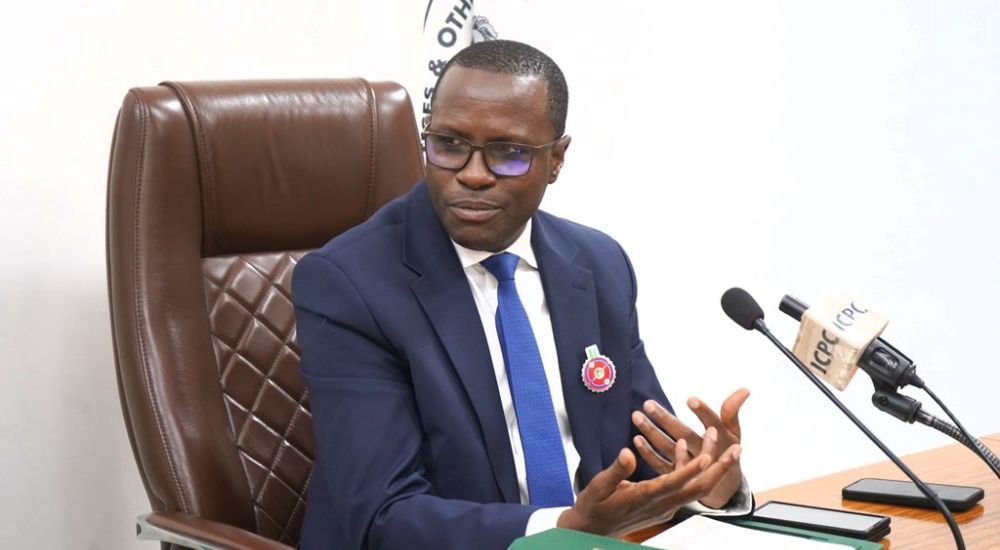The Chairman of the Independent Corrupt Practices and Other Related Offences Commission, Dr Musa Aliyu (SAN), has said that corruption in Nigeria goes far beyond stealing public funds, describing it as “any deviation from the rule or due process.”
Aliyu made this remark in Abuja on Thursday while presenting a paper titled “Understanding Anti-Corruption Laws and Their Implications for Local Government Officials” at the 2025 National Summit of the Association of Chairmen of Local Government Service Commissions in Nigeria.
The summit, themed “Strengthening Local Government Administration in Nigeria,” drew participants from across the country — including local government administrators, policymakers, and anti-corruption experts — to discuss reforms aimed at improving transparency and governance at the grassroots level.
Represented by his Special Assistant on Legal Matters, Zainab Nass, the ICPC chairman stressed that corruption permeates every facet of society — from schools to markets and private institutions — and not just the public sector.
“Corruption is not just about stealing money; it is anything that deviates from the rule. It is corruption not to follow due process,” Dr Aliyu stated.
He urged Nigerians to uphold integrity, transparency, and adherence to the rule of law in all spheres of life, noting that meaningful development can only occur when both citizens and institutions act responsibly and lawfully.
Reflecting on Nigeria’s historical fight against corruption, Aliyu recalled earlier government campaigns such as the Ethical Revolution, the War Against Indiscipline and Corruption, and the Mass Mobilisation for Self-Reliance, Social Justice and Economic Recovery (MAMSER), which he said failed due to lack of institutional continuity and legal backing.
He noted that the establishment of the ICPC in 2000 marked a decisive shift in the nation’s anti-corruption drive, providing the first comprehensive legal framework to investigate, prevent, and prosecute corruption cases.
According to him, the Commission’s work is built on three key pillars — enforcement, prevention, and public education — and its initiatives such as Corruption Risk Assessments, Systems Studies and Reviews, and the creation of Anti-Corruption and Transparency Units in Ministries, Departments, and Agencies have significantly enhanced integrity in public institutions.
Aliyu also highlighted Nigeria’s compliance with international and regional anti-corruption frameworks, including the United Nations Convention Against Corruption, the Financial Action Task Force Standards, and the African Union Convention on Preventing and Combating Corruption.
Addressing local government officials, the ICPC chairman reminded them that all public servants — whether elected or appointed — are legally obligated to uphold ethical standards and accountability in their duties.
He warned that administrative misconduct such as financial misappropriation, falsification of records, nepotism, and abuse of office now carry serious legal consequences under Nigeria’s anti-corruption laws.
Citing the landmark 2024 Supreme Court judgment in Attorney-General of the Federation v. Attorney-Generals of Abia State & 35 Others, which nullified the dissolution of democratically elected local councils by state governors, Aliyu described the ruling as “a new dawn for grassroots governance.”
“We are now in the regime of asset recovery — taking back what was taken. Local governments must ensure that public funds serve the people, not private interests,” he declared.
Aliyu concluded by calling for renewed commitment to integrity, probity, and effective service delivery at the local government level, emphasising that true national development depends on how well local councils manage public resources to uplift the welfare of citizens.
punch.ng
FOLLOW US ON:































